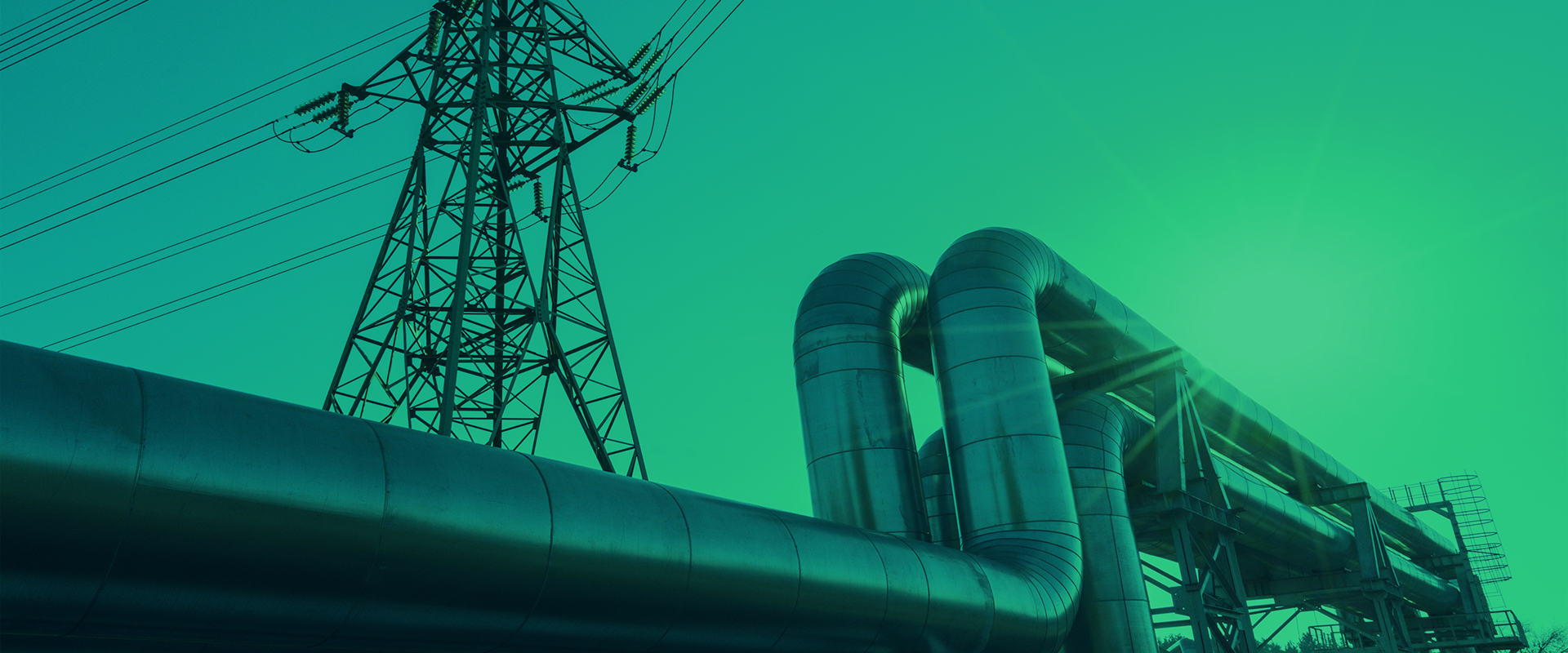Background
A private energy production company with multiple power plants across the national territory.
In an environment where international and regional regulations demand increasingly stringent security standards, energy companies face a dual challenge: protecting operational continuity and ensuring resilience against sophisticated attacks.The energy production sector is at the center of a digital transformation that is revolutionizing processes and infrastructures. The integration of advanced technologies, such as the Industrial Internet of Things (IIoT) and automation systems, has improved operational efficiency but has also exposed companies to new cyber threats. The growing interconnection between IT and OT systems has amplified risks, making industrial control systems (ICS) prime targets for targeted attacks.
Result archived
5 energy production lines secured.
No downtime due to attacks.
Zero downtime caused by cyberattacks.
Compliance with regulations.
Needs
To comply with current regulations and focus on resilience, the company sought a solution that could:
- Guarantee 24/7 security for production lines in an unattended manner while protecting the provided service and minimizing machine downtime.
- Protect production line machines running outdated software that could not be updated, leaving them vulnerable to hacker attacks.
- Avoid automatic reactions to attacks on specific production line components where manual intervention was necessary.
These requirements were challenging for other providers due to:
- Legacy systems that were difficult to support.
- The need for detection across all systems and selective reaction for OT systems.
Our solution
- Conducted a site visit and collaborated with the production director and CISO to develop a detailed risk assessment report. Based on this, we installed agents and probes.
- Customized endpoint rules to ensure tailored responses to potential attacks, balancing cybersecurity, resilience, and operational needs as specified by the plant manager.
Benefits
- 24/7 detection and reaction capabilities, addressing the lack of specialized personnel.
- Enhanced infrastructure resilience, ensuring uninterrupted service delivery.
- Cost reduction through an "all-in-one" solution.
Focus on regulations
NIS2 Directive (Network and Information Security): Introduces stricter requirements for operators of essential services, including the energy sector.
National Cybersecurity Agency (ACN) in Italy: Coordinates cybersecurity initiatives, ensuring the protection of critical infrastructures, including energy systems.
European Commission Recommendations for Energy Cybersecurity: Categorized measures include:
-
- Real-time operational needs: Applying the latest security standards for new installations and complementing older facilities with additional physical security measures.
- Prevention of cascading effects: Strategies to prevent incidents in one part of the system from spreading and causing widespread disruptions.
- Integration of old and new technologies: Addressing challenges posed by combining outdated and modern technologies to maintain high-security standards across the infrastructure.
